The centres like Anganwadi, Asha, and SHGs, play a significant role in providing primary care in rural areas. The Anganwadi scheme was started by the Indian Government in the year 1975 and continues to be a strong institution today. It was started to tackle malnutrition and promote education in rural areas. The daily job of an Anganwadi worker is to keep track of the weight of the children, cook and serve food, teach them, and take wholesome care of them.
They are also responsible for promoting contraceptives, encourage adoption, and counsel women and children of the village. An Anganwadi worker is very deeply involved with the women and children of the town. They are responsible for teaching parents about child nutrition and other child development related things. They promote women to work for themselves and get employed. Anganwadi also conducts vocational training workshops for everyone who wants to earn money and be independent.
Involvement of ASHA or Accredited Social Health Activist across Rural India
ASHAs are Government selected women who are responsible for taking care of the women of the village they belong to. Their job profile includes promoting deliveries in hospitals, using contraceptive and surgical sterilization methods, teach women about child nutrition, and encourage them to get immunization of the children. These women activists are locals and are closely connected to rural families. And these facts help them in helping and empowering other women.
ASHAs are formed to serve as a significant communication mechanism connecting the wide-ranging healthcare system to the rural populations across India. As per a recent survey, around 25 percent of women in India since the year 2005 reported that they had received one or more ASHA services all through their last pregnancy. Further, the contribution of ASHAs towards the attainment of female sterilization showcases their fruitful work done in these areas, and their performance levels have been ever increasing with time across the nation.
Contributions of Self Help Groups (SHGs) in Rural India
Self Help Groups (SHGs) are made in villages for the empowerment of the rural groups they have formed. SHGs are created by farmers, artists as well as artisans, and these groups contribute through money and awareness in each others’ life. They come from similar socio-economic surroundings and help each other to reach a common goal.
SHGs have done well in lessening the poverty levels and empowering rural people in India. The introduction of small enterprises by SHGs and their work has made a massive advancement in the socio-economic progress of rural poor across society. The Government of India has recognized the significance of self help groups in the financial development of the rural population across the country. SHGs are even working on the programs which are helpful in providing education to the children in rural families.
Why are these groups needed to help out campaigns in rural areas?
The point of explaining everything was to establish that these organizations or groups are tightly knitted and perform like a team. A woman employed as an Anganwadi worker probably would know the whole of the village because she goes to homes to meet people and talk to women. Same is the case with ASHA; these volunteer workers also go to houses, meet people, counsel, and converse with them on their problems.
Both the Anganwadi and ASHA workers hold a position of respect in the village. They inspire confidence amongst the ones they live in, which means that people will listen to them. Furthermore, SHGs are again a close-knit group of 10 to 20 people who are bonded by their money. They create awareness amongst themselves by gathering and discussing their problems.
These groups that work in rural areas meet up a lot and conduct a discussion on various useful topics. They bring the natives of the villages close and therefore form a strong network of people, which can assist in accomplishing the rural campaigns effectively.
Why rural campaigns require a strong network of people?
Any campaign, especially involving rural activities, requires a strong network of people who belong to the same background and who are within them. Being from the same environment will ensure that they understand each other. Also, people listen to someone who is in a position of close authority and, therefore, volunteers play a significant part in their family decisions.
Volunteers and SHGs work at all levels of rural families as well as their communities. They advise parents about the nutrition they give to their children; they also guide pregnant women about self-love and care along with nutrition-based suggestions. They advise couples about family planning and healthy living. This assistance makes them very closely involved in the household of the people. Healthy communication levels and a close relationship is the first step in enhancing rural campaigns.
These groups and volunteers can help in promoting rural campaigns as they know better about the working style and psychology of the people aimed for local campaigns.
Reasons to choose these groups to market and promote rural campaigns:
- They already have an established network of local professionals, familiar people, and they meet up regularly.
- The volunteers have a strong bond with the locals and therefore have a considerable number of people who listen to their pieces of advice and instructions.
- The volunteers have spoken to families and have been an integral part of many family groups.
- The extra monetary contribution will help them grow their centers better and therefore is the right drive for them to work harder for a rural campaign.
- Volunteers don’t just know one family; they know multiple families who make the outreach even bigger and better.
- Most of the volunteers are females. Females are better at pursuing, advertising, and making rural campaigns successful.
Key Takeaways
The Anganwadi, ASHA, and SHGs, as well as other such groups, are firmly rooted in the social network of the local people and the villagers. Social networks and public relations are the backbones of every successful rural marketing campaign, and this network plays a crucial role in promoting rural campaigns too.
Further, these workers have the advantage over specialists as they live in the same rural areas, which offer them insights into the locality and helps in identifying the root of issues and in solving them swiftly.
Additionally, these volunteers and SHGs are in constant need of monetary help, so if the motivation is high, they will perform better and be enthusiastic about rural campaigns. They also have superior social skills and can, therefore, more effortlessly interact with the local people. They are an integral part of a village’s social set-up, and as locals, they know and are at ease with the local languages, approaches, and ways, familiar with the people, and are so highly trusted, which further promotes all categories of rural campaigns.

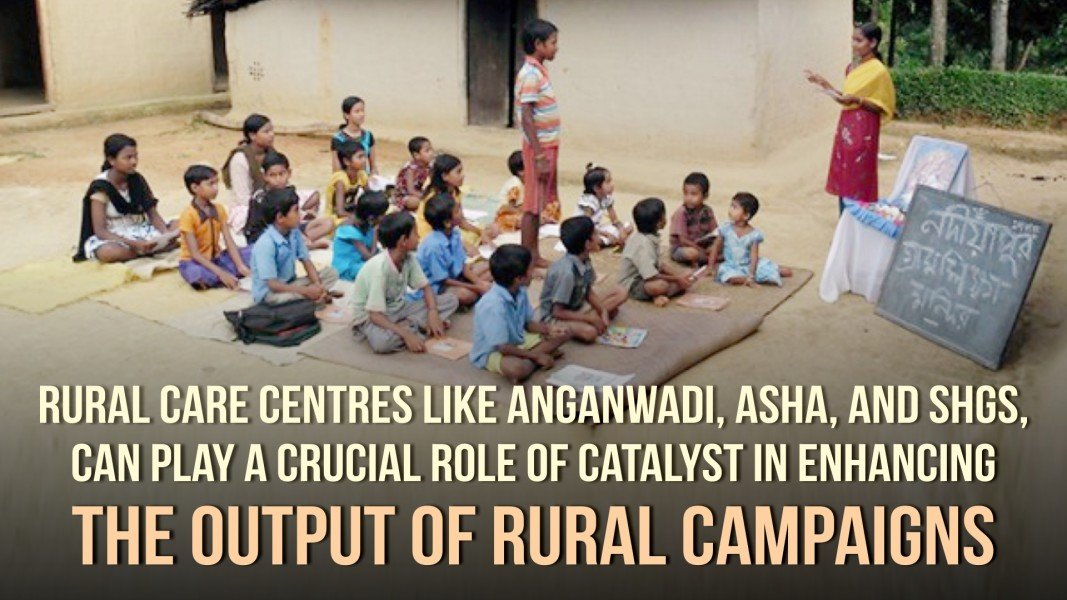



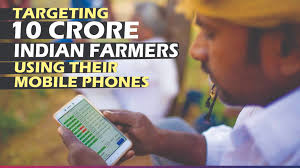

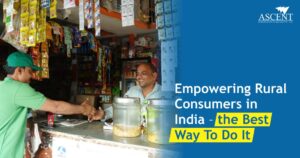
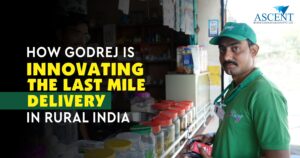






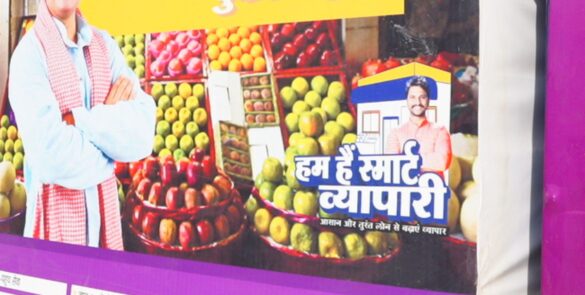


One Response